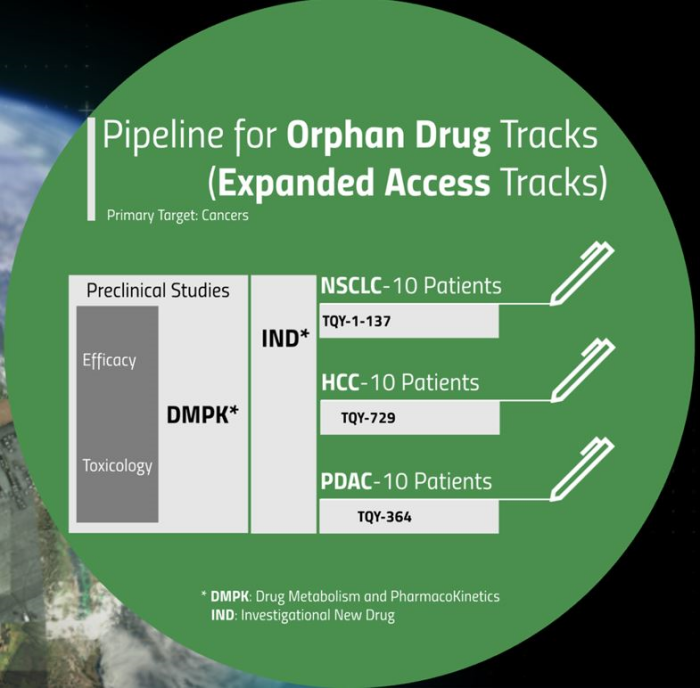SP Lab launches clinical trials for three new developmental drug candidates to decrease cancer in patients
The trials involve a total of thirty participants for each ten of NSCLS, PDAC, and HCC.
Propose the possibility of treating diseases such as cancer through mitochondria.

SEOUL (News2day) - The biotech startup SP Lab(Solution Providing Lab) has recently initiated clinical trials in Bahrain for three developmental drug candidates.
Representatives from SP Lab assert that, given recent advancements in medical and pharmaceutical biosciences, the mechanism underlying cancer initiation is now being understood as a metabolic disease or metabolic oxidative stress. Their commitment lies in addressing metabolic diseases, including cancer, by harnessing this scientific knowledge and the principles of quantum mechanics.
According to our current scientific understanding, the universe is structured based on a standard model, similar to the periodic table used by physicists.
Following the Big Bang, a complex interplay of particles, including photons, protons abundant in elements like hydrogen, and leptons like electrons, governs the formation of the cosmos.
Even in the past, Schrödinger's profound insights, as exemplified in the book 'What is Life?', delved into the fundamental principles of life from a purely quantum mechanical perspective. In simpler terms, the interactions among the mentioned particles—photons, protons, and electrons—can be regarded as the foundational explanation for life's phenomena.
SP Lab has developed candidate drugs rooted in these principles of physics, reinterpreting the domain of metabolic diseases. They have leveraged mitochondria, a pivotal element in metabolic diseases, and incorporated mechanisms inspired by the bacterial origin of mitochondria and the symbiosis of mitochondria in eukaryotic cells to enhance energy metabolism and electron transfer within mitochondria.
This advancement aims to ameliorate issues related to imbalances in proton gradients within mitochondria. Thanks to the unique attributes of quantum mechanics, these drug candidates are expected to produce effects at an exceedingly rapid pace, akin to the speed of light in Einstein's theory of relativity or the velocity of electromagnetic waves.
Currently, clinical trials are underway, focusing on the most prevalent diseases in Saudi Arabia, including non-small cell lung carcinoma (NSCLS), pancreatic ductal adenocarcinoma (PDAC), and hepatocellular carcinoma (HCC). Each of these trials involves ten participants, totaling thirty individuals.
The assessment of Drug Metabolism and Pharmacokinetics (DMPK) for the three drug candidates, such as TQY-729 in the pipeline, is in progress. Upon the completion of preclinical trials, SP Lab will collaborate with the global Clinical Research Organization (CRO), OPIS, headquartered in Italy.
The designated hospital for the registration of Saudi Arabian patients is Ibn Al-Nafees Hospital in Bahrain, with Dr. Ali Ahmed Dhaif and Dr. Jalal Al-Maskati serving as overall clinical supervisors.
Additionally, clinical trials will expand to include the Expanded Access program, with plans for multi-center trials in Vietnam, expecting the participation of approximately 200 individuals. The Expanded Access program aims to provide renewed hope to terminal cancer patients who have exhausted available medical resources.
By Jin young Park, a reporter of News2day / jypark@news2day.co.kr
BEST 뉴스
댓글 (0)
- 띄어 쓰기를 포함하여 250자 이내로 써주세요.
- 건전한 토론문화를 위해, 타인에게 불쾌감을 주는 욕설/비방/허위/명예훼손/도배 등의 댓글은 표시가 제한됩니다.




























































































































































































